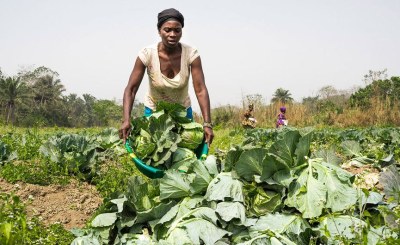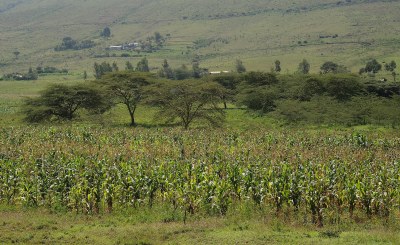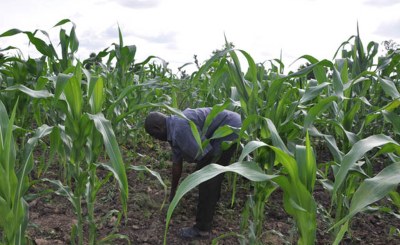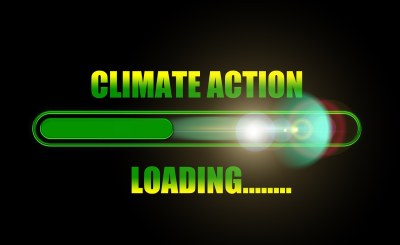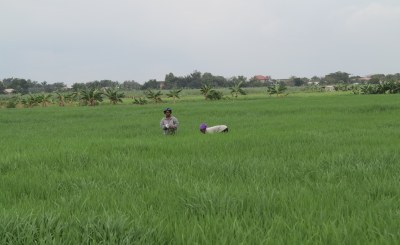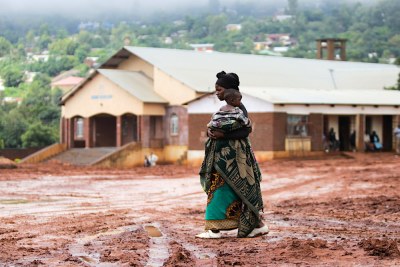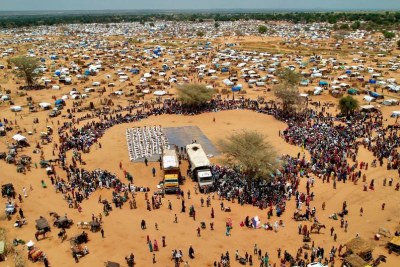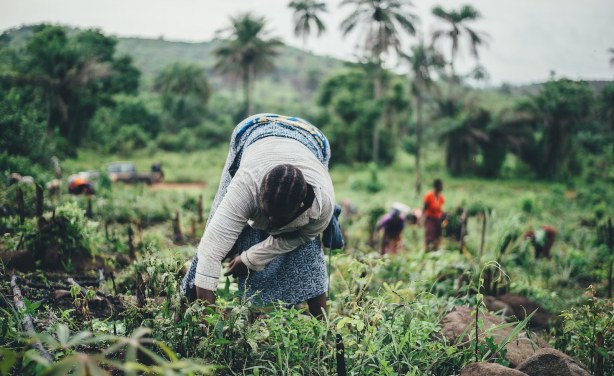-
Africa: Smallholder Farmers Gain Least From International Climate Funding - Study
IPS, 14 November 2023
Smallholder farmers from the Global South benefit from a grossly disproportionate 0.3% of international climate finance despite producing a third of the world's food and despite… Read more »
-
Africa: Climate Change and Farming - Economists Warn More Needs to Be Done to Adapt in Sub-Saharan Africa
The Conversation Africa, 16 November 2023
Sub-Saharan African countries strongly rely on the agricultural and forestry sectors. Agriculture contributes up to 60% of some countries' gross domestic product. But the sector is… Read more »
Farmers In Developing Nations In the Cold For Climate Financing
Smallholder farmers from developing nations (the Global South) produce a third of the world's food but receive only 0.3% of international climate finance. This is despite the fact that they are key to climate-proofing food systems, writes Maina Waruru for Inter Press Service.
The study 'Untapped Potential: An Analysis of International Public Climate Finance Flows to Sustainable Agriculture and Family Farmers,' published on November 14, 2023 states that only a fifth of international public climate finance for food and agriculture supports sustainable practice. The money mainly goes to richer nations (the Global North), even as agriculture becomes the third biggest source of global emissions and the main driver of biodiversity loss. It was compiled on behalf of ten farmer organisations in Africa, Asia, Latin America, and the Pacific.
The report found that family farms are also the backbone of rural economies, supporting over 2.5 billion people globally who depend on them for their livelihoods. In Sub-Saharan Africa, where up to 80% of farming is done by smallholder farmers, agriculture contributes 23% to the regional Gross Domestic Product.
The study emphasizes the need for increased climate finance for sustainable agriculture, with direct access for small-scale farmers.
Meanwhile, a new report from the United Nations has found that rich countries have decreased the amount of funding they committed to helping developing countries cope with the effects of climate change, even as the need for that spending has grown.
Documents
-
15 November 2023
Untapped Potential
- Author:
- Climate Focus
- Publisher:
- Climate Focus
- Publication Date:
An analysis of international public finance for climate mitigation and adaptation conducted by Climate Focus for farmers networks representing over 35 ... see more »
InFocus
-
A new report from the United Nations has found that rich countries have decreased Read more »
-
The continuing conflict in Sudan, entrenched in global geopolitics and the historical legacy of the previous leadership of now-deposed President Omar al-Bashir, is increasingly ... Read more »
